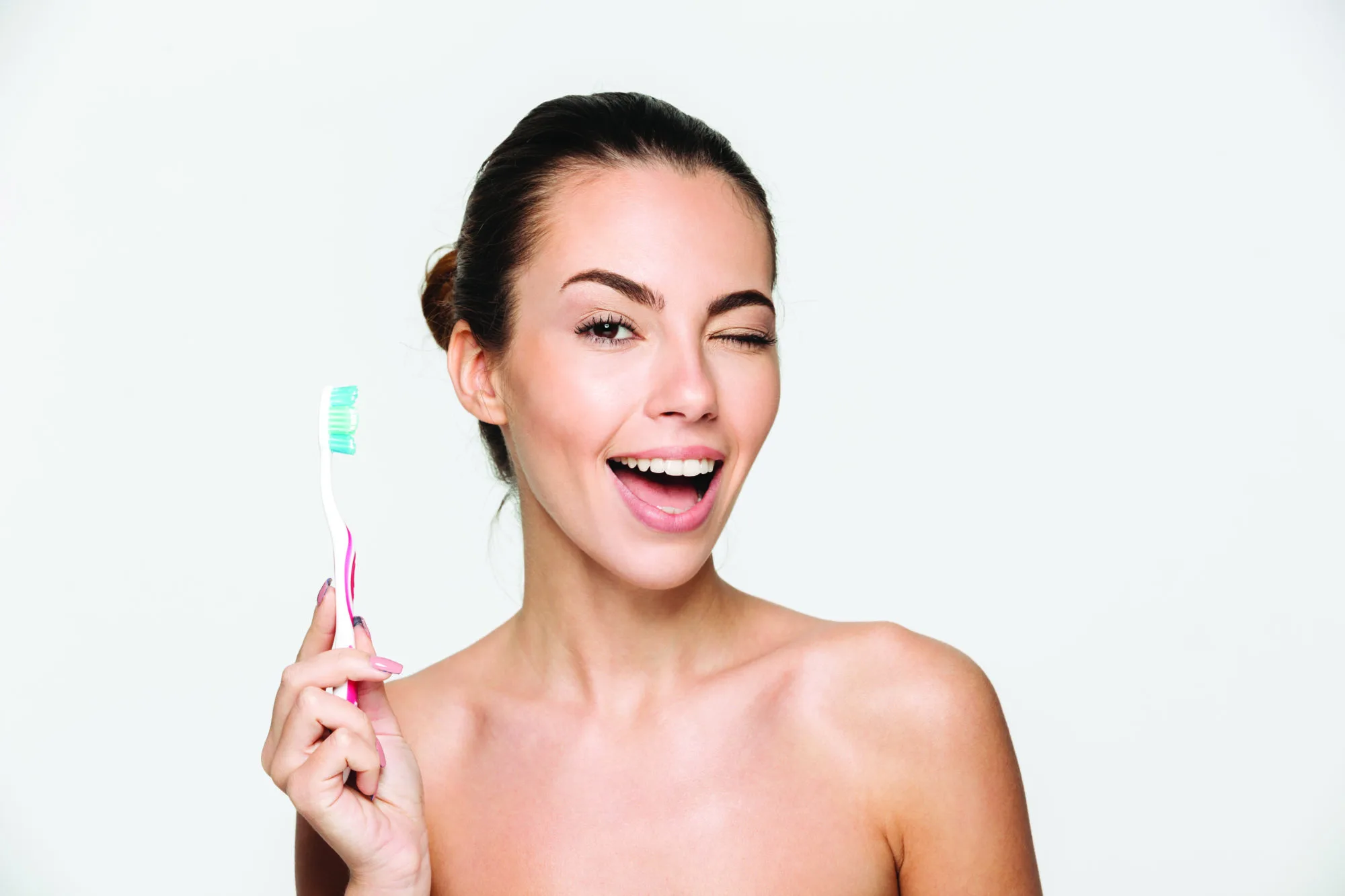Bacteria can live in your mouth in the form of plaque, causing cavities and gingivitis, which can lead to periodontal (gum) disease. Maintaining good oral hygiene is one of the most important things you can do for your teeth and gums.
Healthy teeth not only enable you to look and feel good, but they also make it possible to eat and speak properly. Good oral health is important to your overall wellbeing. Dr Michelle Karl, cosmetic dentist at the Cosmetic and Dental Emporium’s (CDE) Menlyn practice, debunks six myths about oral hygiene.
1. Sugar is the prime cause of cavities
Sugar certainly plays a role in tooth decay, but it isn’t the main culprit. Acids from naturally occurring bacteria in the mouth combine with saliva, resulting in plaque build-up on teeth. Often this happens during the consumption of fruits, vegetables, rice and bread, to name but a few. Also, it’s not the amount of carbohydrate you eat that causes tooth decay, but the length of time your teeth are exposed. If you eat a lot of carbs for lunch, that’s one big exposure. But if you spend the day sipping sugary drinks, that’s continuous exposure – and much more dangerous for your teeth. There’s a saying: “Sip all day, and get decay.”
2. Fillings made of silver aren’t a health risk.
Most silver fillings are made of mercury and, over time, this mercury can leach into the mouth. Mercury has been linked to a number of autoimmune and chronic diseases, and fillings containing this element should therefore be replaced in a timely manner, if not avoided altogether.
3. Whiter teeth are healthier teeth
Pure-white teeth do not equate to healthier teeth, although teeth should be on the whiter side. Healthy teeth come in a wide range of natural shades. Bright-white teeth may be stylish right now, but healthy teeth will never fall out of fashion.
4. Bleaching your teeth is dangerous
Bleaching has been popular in recent years, with technology allowing patients to get whiter smiles faster and more safely. Prior to 1990, the materials used to bleach teeth were acidic and would actually break down enamel, but now these bleaching materials are pH-neutral and do not damage the enamel or root of the tooth.
5. Flossing is not important
Flossing is an extra step many of us tend to skip after brushing our teeth, but this can lead to the build-up of bacteria. Bacteria in those hard-to-reach places can cause gum disease, decay and pain.
6. Don’t brush or floss bleeding gums
Brushing your teeth, gums and tongue is very important. is helps to get rid of plaque, which causes gingivitis, inflammation and gum disease. When you find your gums bleeding after flossing or brushing, it typically comes from a build-up of plaque, and means you need to floss and brush those areas more often, instead of less.
For more information, visit the following link. Facebook The Cosmetic and Dental Emporium, @cosmeticdentalemporium; Instagram @Cosmetic_and_ dental_emporium.



